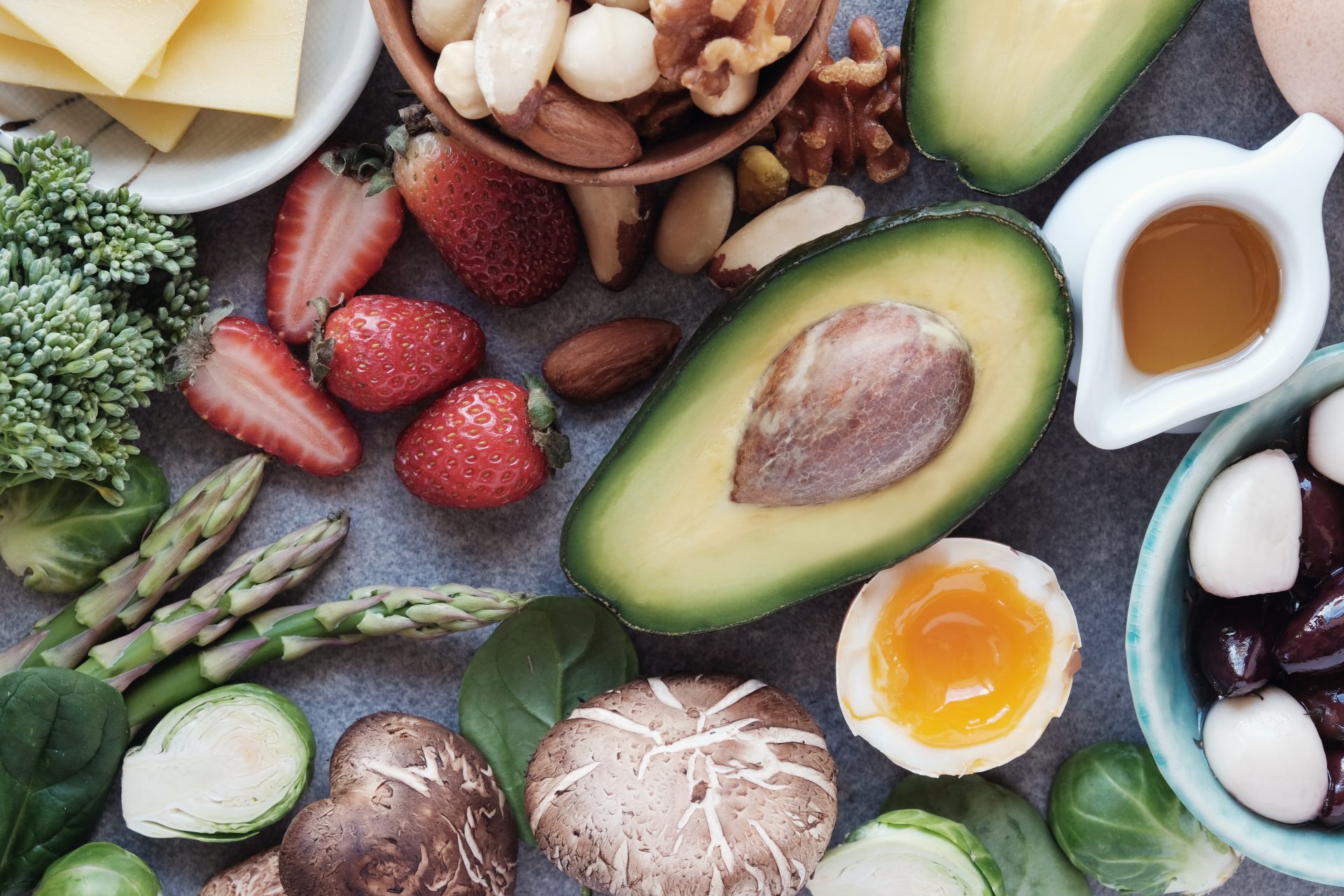Healthy Foods for Dialysis Patients: A Guide to Optimal Nutrition
For individuals undergoing dialysis, maintaining a well-balanced and nutrient-rich diet is crucial for managing chronic kidney disease (CKD) and supporting overall health. Dialysis patients face unique dietary restrictions due to their kidneys’ reduced ability to filter waste products and manage electrolytes. Therefore, selecting the right foods can help control symptoms, prevent complications, and enhance the effectiveness of treatment. This article provides a guide to healthy foods for dialysis patients, focusing on meeting nutritional needs while adhering to dietary restrictions.


Understanding Dietary Restrictions
Dialysis patients often need to limit their intake of certain nutrients, including:
- Protein: While protein is essential for maintaining muscle mass and overall health, excessive intake can strain the kidneys. Patients typically need to balance their protein consumption, choosing high-quality sources.
- Sodium: Excess sodium can lead to fluid retention and high blood pressure. Reducing sodium intake is crucial for managing these issues.
- Potassium: High potassium levels can cause heart complications. Patients need to monitor and limit foods high in potassium.
- Phosphorus: Elevated phosphorus levels can lead to bone and cardiovascular problems. Managing phosphorus intake is essential for preventing these complications.
- Fluid: Fluid intake must be monitored to avoid fluid overload, which can cause swelling and high blood pressure.

Healthy Foods for Dialysis Patients

Practical Tips for Managing Your Diet
1. Work with a Dietitian: A renal dietitian can provide personalized dietary recommendations based on individual needs and restrictions. They can help with meal planning and ensure nutritional needs are met while adhering to dietary limitations.
2. Read Food Labels: Food labels can help identify sodium, potassium, and phosphorus content. Choose products with lower levels of these nutrients and avoid those with high sodium or phosphorus additives.
3. Plan and Prepare Meals: Meal planning and preparation can help ensure adherence to dietary guidelines. Prepare meals at home using fresh, unprocessed ingredients to better control nutrient intake.
4. Monitor Portion Sizes: Controlling portion sizes helps manage nutrient intake and prevent overconsumption of restricted nutrients.
5. Stay Hydrated Wisely: While fluid intake needs to be monitored, consuming appropriate amounts of water and using low-sodium, flavorful alternatives can help manage thirst and maintain hydration.
A well-managed diet is crucial for dialysis patients to maintain health and enhance treatment outcomes. By focusing on high-quality proteins, low-sodium vegetables, low-potassium fruits, controlled portions of whole grains, healthy fats, and low-phosphorus dairy alternatives, patients can adhere to dietary restrictions while ensuring they receive essential nutrients. Collaborating with healthcare professionals and carefully planning meals can lead to better management of kidney disease and overall improved quality of life.




